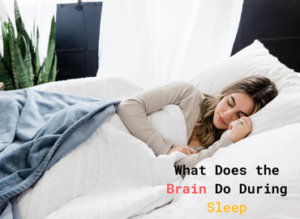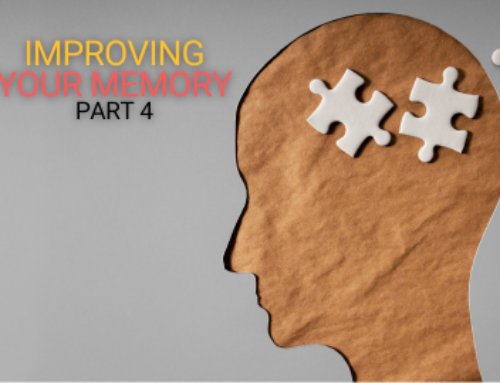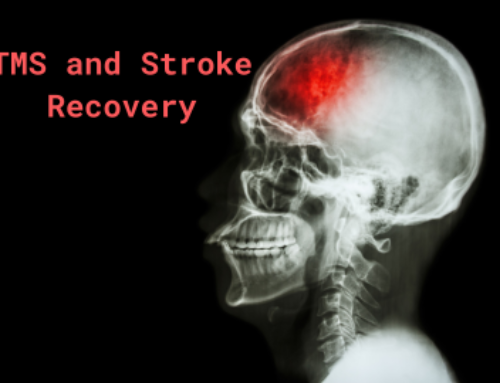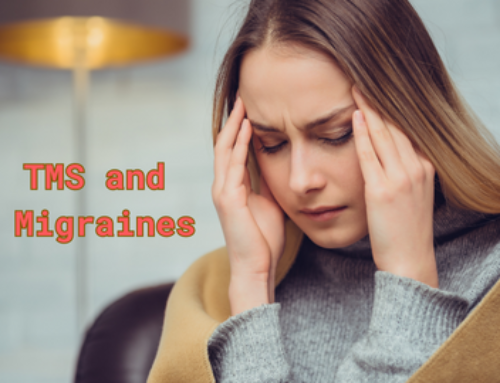What Does the Brain Do During Sleep?
When we sleep, we are mostly unaware of what goes on. We might wake up in the middle of the night to use the bathroom, and sometimes we dream, but for most of us, that’s it. But what does our brain do? It doesn’t go completely offline, but it doesn’t act like it does when we’re awake either.
Why do we need to sleep? We spend about a quarter to a third of our lives asleep, so it must serve some kind of purpose. Many animals sleep too, but some have evolved to live lives that don’t require sleep as we know it, like bullfrogs. Some creatures sleep a lot, like cats, others for less than an hour, like ostriches.
Here are some things the human brain does while we’re sleeping:
− It stores new information, like things we learned at school, skills we’re practicing, or conversations we want to remember
− It gets rid of information we don’t need to retain
− It gets rid of waste, which it’s too busy to do thoroughly while we’re awake
− It reduces our caloric expenditure, letting us save energy for later
− It repairs and restores cells, such as those in our muscles
− It releases hormones we’ll need during the day, like leptin, which makes us feel full after we’ve eaten enough
One fascinating part of sleep is that we dream. Why do we dream? Why do some of us remember our dreams when we wake up and others do not? Why are some dreams, like flying, so common? And what’s the deal with nightmares? Dreams are a complex subject that we still don’t know much about. One of the most prominent theories is that dreams are a combination of the emotion centers of the brain, like the amygdala, working with our memory processors to sort out our experiences, how we feel about them, what we can connect them to, which ones we want to remember, and which ones we want to forget. Some animals considered to be of higher intelligence, like octopi and dogs, also dream.
Sleep has a tremendous influence on our mental health. Lack of sleep, interrupted circadian rhythm, disruption to the stages of sleep, and such are consistently linked to issues like high blood pressure, diabetes, and mental health disorders. Poor quality sleep, mental health disorders, and other maladies all exacerbate each other. Check out more information on sleep and mental health in this post, this post, and this post.
If you are experiencing poor sleep, talk to your general physician. There are many tests that can determine what is and is not going on. Call or write to us anytime on our website or call (585) 442-6960. You don’t have to go without help to get a better night’s rest.





